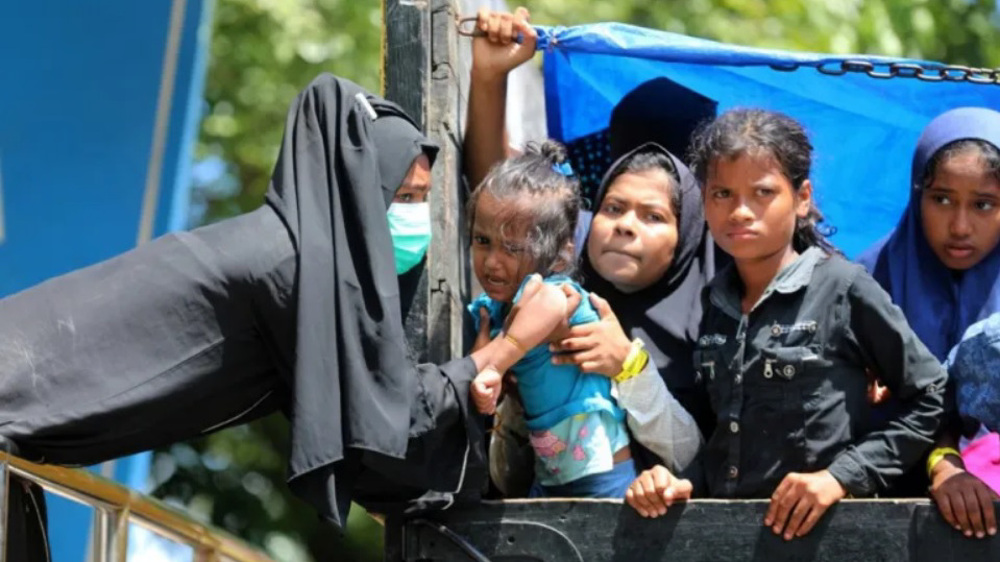Mongolians vote in parliamentary, local council elections
People in Mongolia have gone to the polls in parliamentary elections, as the central Asian country is struggling with its worst economic crisis which began in 2008.
Mongolians started casting their ballots on Wednesday to elect a new national government for their seventh general elections since 1990, when they changed state socialism to democracy.
According to the General Election Commission of Mongolia, 498 candidates are racing for 76 seats of the parliament, known as the State Great Khural. The contest is mainly between the ruling Democratic party (DP), which put the country on its present democratic course, and the opposition Mongolian People's Party (MPP), which is a leftover from the Soviet era.

Additionally, ten more parties and three other coalitions, along with 69 independent candidates, some of whom are celebrities, including singers and wrestlers, are also vying to make their way into the parliament to form, or have a share in forming, the upcoming government.
Mongolians are also casting their ballots to elect local council members among 2,288 registered candidates.
All the parties, coalitions and independent candidates have focused their campaign slogans on what people’s top concerns are, including economic development, improving the country’s educational and healthcare systems, generating much-needed jobs, and repaying foreign debts.

Mongolia is rich in natural resources, including huge deposits of copper, coal and gold, which are mainly exported to China, the country’s largest trading partner and investor. The country, however, desperately attempts to monetize its natural resources amid slumping demand for commodities from China.
The government has so far failed to fill the growing gap between the rich and poor, and according to the latest figures, about one-third of Mongolians now live in poverty.
European parliament pushes new hostile measures after CIA-Mossad-backed riots in Iran
Behind the riots: Spy games, media spin, discarded monarchists and lessons from history
IRGC deputy chief warns of harsh response to any aggression against Iran
Araghchi appreciates Pakistan’s vote against anti-Iran UNHRC resolution
Discover Iran: Historical, natural, and economic tapestry of idyllic Hormozgan islands
ICE detains 2-year-old girl, sends her to Texas despite court order
VIDEO | Trump claims his 'Board of Peace' might replace the UN
VIDEO | Shadows of Rebellion: How Iran’s protests turned violent










 This makes it easy to access the Press TV website
This makes it easy to access the Press TV website